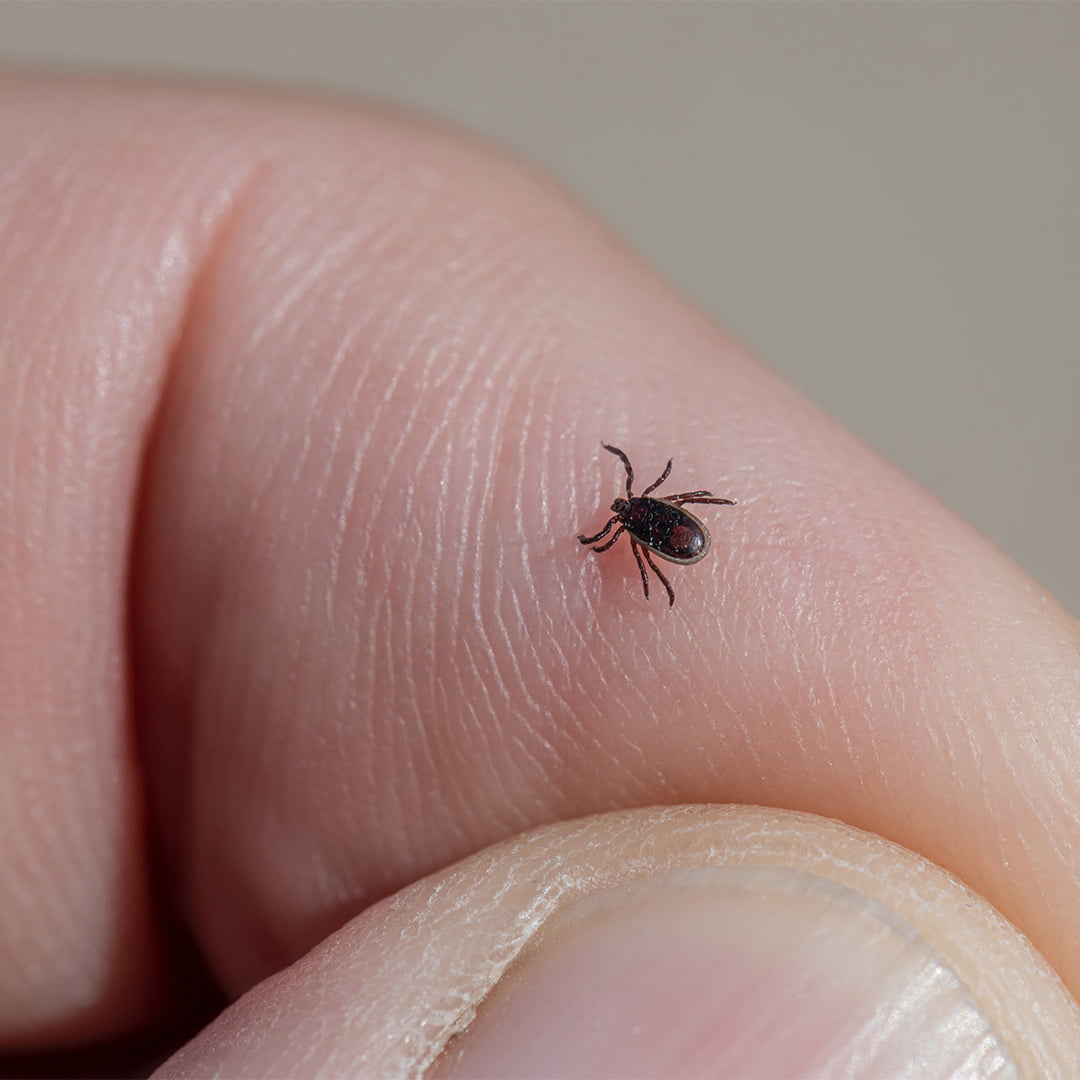What is FSME
How can you get FSME?
Ticks live in green areas with lots of forests and bushes, such as parks, forests and nature reserves. They attach themselves to the skin of people and are sometimes infected with a virus. They can transmit this virus to humans by biting. So if you are bitten by a tick that is infected with TSME, there is a good chance that you will get this disease. You can also get TSME after drinking unpasteurized milk.
Where does FSME occur?
In the Netherlands, FSME, also known as tick-borne encephalitis, does not occur. We generally only know ticks that transmit Lyme disease. FSME is a virus that does spread in all other areas in Europe, with the exception of the Benelux and Northern Scandinavia. In most other countries in the world, ticks infected with FSME occur.
What are the implications of FSME?
In most cases, FSME does not cause serious symptoms. Most people get flu-like symptoms and a fever. A small number of infected people develop a serious infection in the brain after these symptoms. Fever, headache, neck pain and vomiting can occur. The chance of dying from FSME is zero.

FSME Treatment
Because there is no treatment for FSME, it is important to protect yourself against ticks. Therefore, wear tick-resistant clothing in areas where ticks are common and/or get vaccinated against this disease. There is a vaccination for FSME.
